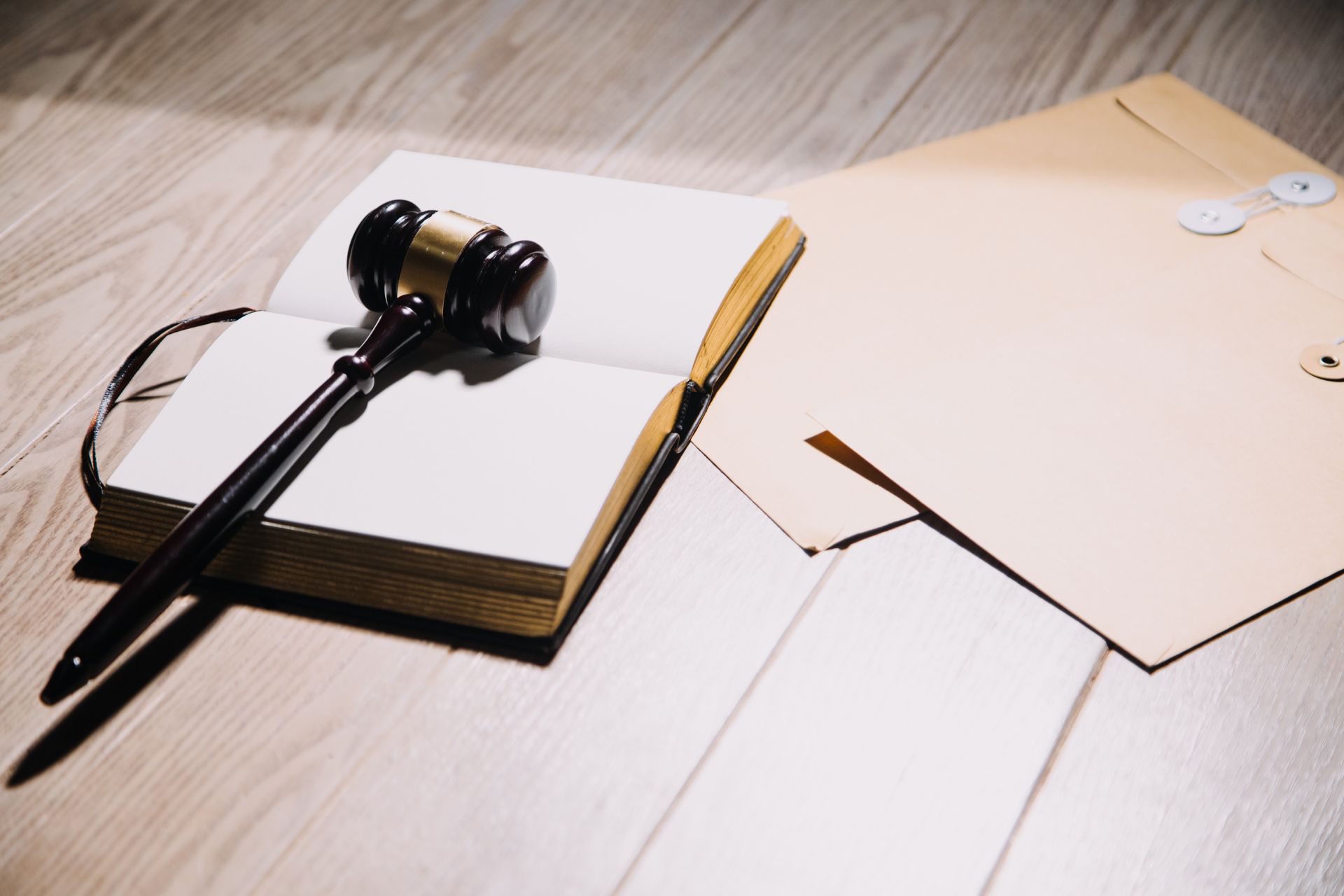What Constitutes A Household Good In Bankruptcy?
Your Guide To Household Goods And Exempt Assets In Bankruptcy
While bankruptcy usually isn't good news, it's also not the horror story you may think it is. Filing for bankruptcy is a process of restructuring your debts to get back on track.
The exact terms will vary depending on the type of bankruptcy you file — like Chapter 7 or Chapter 13. But the goal is the same: settle the issue and move your life forward.
One common mistake people believe is that when you declare bankruptcy, you’re giving up everything you have and starting over. The truth is that bankruptcy, even Chapter 7, does not work that way. There are several potential exemptions you can take so that you’re not with nothing.
This post provides a general overview of what types of property and other assets may be exempt for you through your bankruptcy proceedings. However, your specific exemption allowances may differ in Southfield, Michigan. That is why securing legal aid from an experienced bankruptcy attorney is a critical step you need to take.
Explaining Household Goods And Exempt Property
Laws regarding bankruptcy will allow you to keep some of your assets or equity in those assets during the process. Household goods are the typical items you may have in your house, like clothes or furniture. Other assets could be certain types of financial or retirement accounts, larger property, and others.
Asset and Household Good Exemptions
- Again, filing for bankruptcy should not suggest that you must surrender everything you own. In fact, you can typically exempt assets in all these categories depending on your exact bankruptcy plan:
Your Home
- In most cases, you are generally exempt from surrendering the home that you live in. This exemption extends anywhere from $35,000 to $60,000 in equity. This amount will vary based on your home’s exact location
Your Primary Car or Vehicle
- The car you use for everyday driving and traveling is also protected during bankruptcy. This may have to be confirmed as a primary vehicle by your insurance, and it won't extend to other additional vehicles.
- You can utilize several thousand dollars in equity for the vehicle, usually somewhere in the range of $3500, depending on where you live.
Personal Household Items
- Household goods refer to items used during everyday life in your home. These relate directly to the personal use of you, your family, dependents, and items within a household.
- Qualifying household goods must meet the standard of a household function used to facilitate a family's everyday life in a house. For instance, cooking items would certainly qualify, but a hobbyist collection of sports memorabilia would not. A basic work laptop would count, but an expensive gaming computer may not.
- Examples include the following:
- Household Furniture
- Clothes
- Shoes
- Other Apparel
- Books
- Animals
- Musical Instruments
Some Life Insurance Policies
- Life insurance policies which benefit your spouse or any dependents are generally exempt from asset seizure within bankruptcy proceedings. You will have to determine if any additional life insurance policies can qualify as exempt by working with a bankruptcy attorney. They can confirm which aspects of a policy may be exempt — and which may not.
Retirement Accounts
- Usually, designated retirement accounts are protected from seizures due to bankruptcy. These include accounts such as 401(k) plans, pensions, and similar.
- These accounts must be classified as retirement, or they may be subject to liquidation to satisfy bankruptcy requirements. To best understand which accounts qualify and which do not, speak with a licensed bankruptcy attorney.
Tools and Other Materials for Employment or Business
- If you are an independent contractor or run your own business, many of your tools and materials also qualify for exemption. Many different jobs and work responsibilities also have exemptions for work tools and other equipment.
- For instance, construction workers are often required to keep their own tools. Depending on where you live, a business car or truck may even qualify under this exemption. Discuss these types of tools and equipment with a lawyer to see which ones may qualify and which don’t.
Non-Exempt Assets
- Beyond your household goods and certain assets, you should also recognize what you can’t qualify as exempt during bankruptcy. Here are multiple examples:
Other Homes Or Properties
Other vacation homes, additional properties, and non-primary residences are subject to sale in bankruptcy.
Non-Retirement Investments
- Additional investments you may have beyond designated retirement accounts can be liquidated to satisfy outstanding debts.
Other Vehicles
- Additional or expensive vehicles may be subject to sale under bankruptcy proceedings to cover outstanding debts.
Very Expensive Clothing, Jewelry, and Luxury Items
- Bankruptcy exemptions protect the basics, like everyday clothes and household items. But if you have lots of luxury items or very expensive items, they may not qualify and will be subject to a bankruptcy seizure.
Get The Bankruptcy Help You Need Right Now
Are you facing bankruptcy in Pennsylvania and not sure what to do? Are you confused about what does and does not constitute exemptions in bankruptcy proceedings? If so, it’s time to speak with a professional.
An experienced bankruptcy attorney will help you to better understand what you’re facing — and how to move forward. You’re not alone! Contact us today and get the help you need to get your future plans in order.





